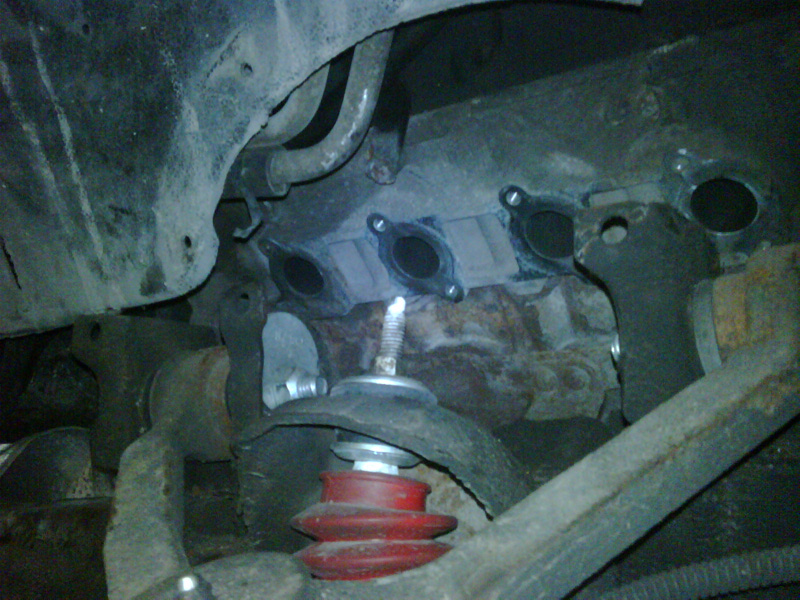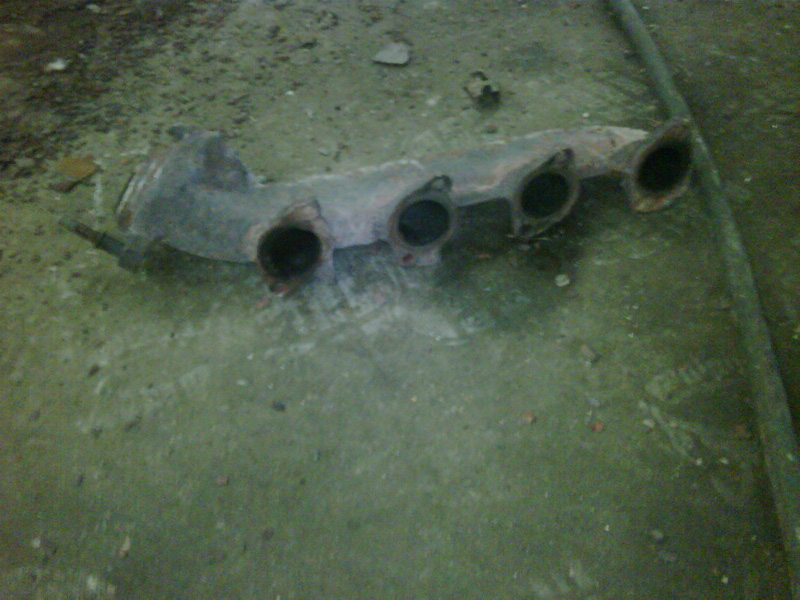I have a 2002 F150 with the 4.6 V-8. It sounds like I have a broken exhaust manifold stud at the rear of the drivers side. It's quiet at idle and light throttle cruising. Starting from a dead stop produces the exhaust leak tick as well has heavier throttle. It's annoying but not overly loud. My question is if I don't fix it immediately will I cause harm to the aluminum head. The repair is a bit pricey at this time for me. Base repair is $425 plus shop time hours for removal of broken studs. It could add up. I guess I should have them see how many studs are broken off in the head.
If it's only one I guess it's probably worth it to bite the bullet and have all the studs changed before it costs me more in the future as the other one's break. If multiple ones are already broken waiting probably won't cost me much more. But will I damage the head with the exhaust leak if I do wait?
Thanks
Whimsey
If it's only one I guess it's probably worth it to bite the bullet and have all the studs changed before it costs me more in the future as the other one's break. If multiple ones are already broken waiting probably won't cost me much more. But will I damage the head with the exhaust leak if I do wait?
Thanks
Whimsey



